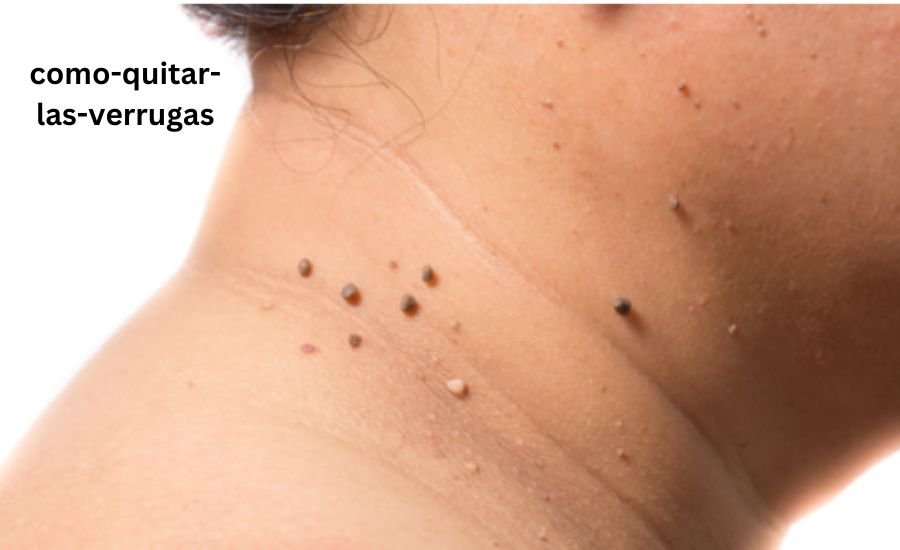Warts can be an annoying and sometimes embarrassing skin issue. While most warts are harmless, they can cause discomfort or affect your appearance. This comprehensive guide will help you understand how to remove warts effectively, covering everything from medical treatments to natural remedies.
What Are Warts and What Causes Them?
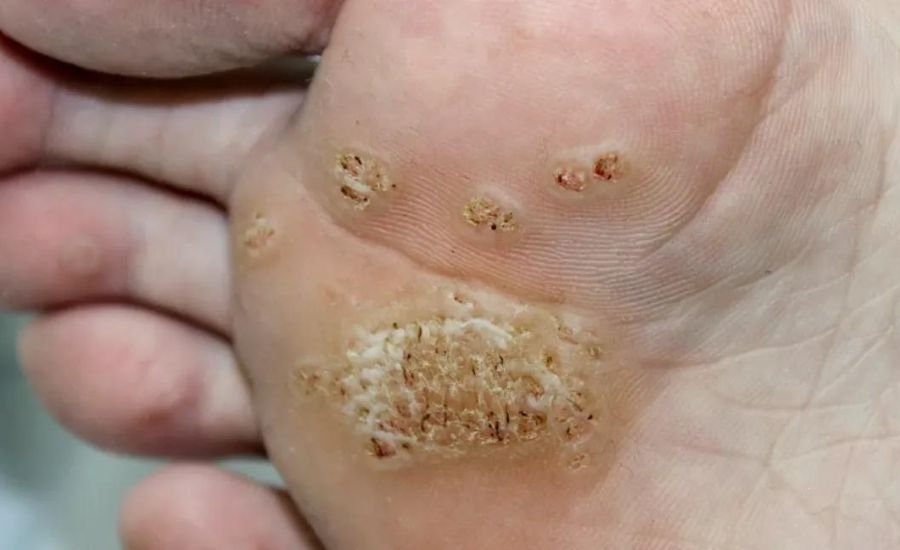
Warts are small growths on the skin caused by the human papillomavirus (HPV). They can appear on various parts of the body, including hands, feet, neck, and more. Common types of warts include common warts, plantar warts, and genital warts. HPV is contagious and can spread through direct skin contact or by sharing contaminated objects.
Causes of Warts:
- Human Papillomavirus (HPV): The primary cause of warts.
- Direct Contact: Touching someone with warts or sharing infected items.
- Moist Environments: Public pools or locker rooms can be breeding grounds for the virus.
Types of Warts and How to Identify Them
Common Warts: Typically found on the hands and fingers, these warts have a rough surface and can vary in size and shape.
Plantar Warts: Located on the soles of the feet, plantar warts can be painful when walking. They often appear flattened and may seem embedded in the skin.
Genital Warts: Found in the genital area, these warts can be more challenging to treat and often require specialized medical attention.
Flat Warts: Small, smooth warts that can appear on the face, neck, or legs.
Filiform Warts: Long and thin, these warts usually appear on the face or neck.
Medical Treatments for Warts
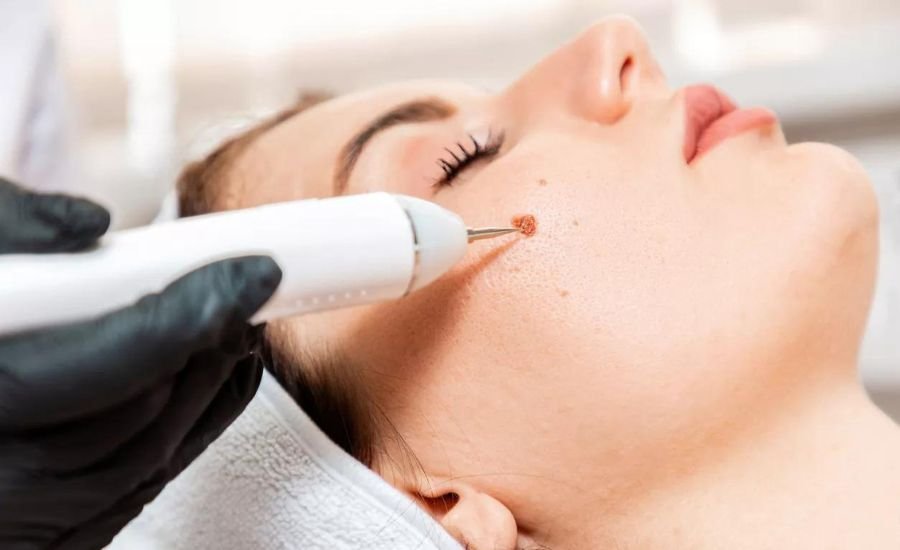
If you’re looking to remove warts quickly and effectively, medical treatments might be the best option. Here are some common methods:
1. CO2 Laser Treatment: Uses a laser to destroy wart cells. It’s effective for resistant warts and minimizes scarring.
2. Cryotherapy: Involves applying liquid nitrogen to freeze the wart. This method is commonly used for various types of warts.
3. Electrocoagulation: Utilizes electrical currents to burn off the wart. It helps to eliminate the wart with minimal scarring.
4. Surgical Excision: Involves a minor surgery to cut out the wart. This is effective for larger or persistent warts.
Home Remedies for Warts
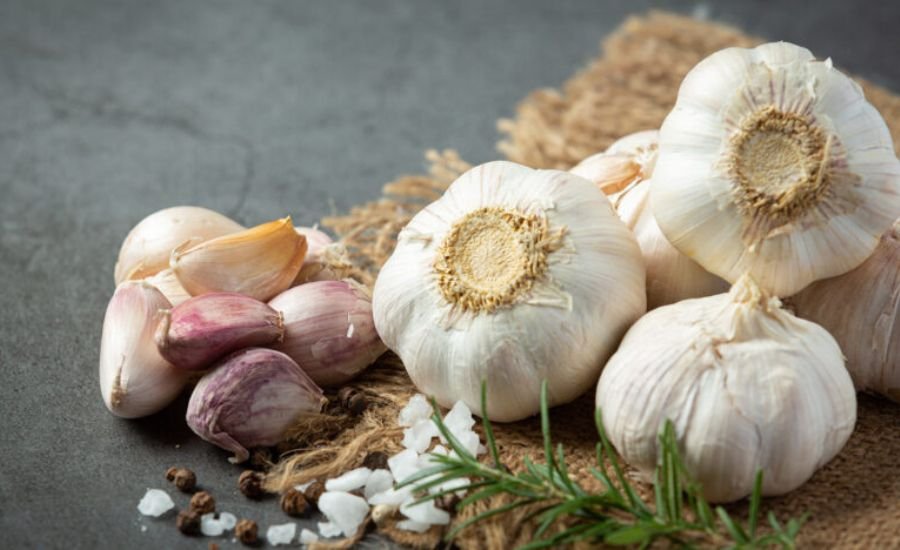
If you prefer natural solutions, there are several home remedies that might help in removing warts:
1. Apple Cider Vinegar: Apply apple cider vinegar directly to the wart and cover it with a bandage. This remedy can help to gradually remove the wart.
2. Garlic: Garlic has antiviral properties that may help fight HPV. Apply crushed garlic to the wart and cover it with a bandage.
3. Tea Tree Oil: Known for its antiviral properties, tea tree oil can be applied directly to the wart for potential removal.
4. Baking Soda: Mix baking soda with water to create a paste and apply it to the wart. This remedy might help to dry out the wart.
How to Remove Warts Without Scarring
To ensure that you don’t end up with scars after removing warts, consider these tips:
- Protect the Skin: Use sunscreen on the treated area to prevent UV damage.
- Follow Treatment Instructions: Whether using home remedies or medical treatments, follow the guidelines carefully.
- Keep the Area Clean: Wash the treated area with a mild soap to avoid infections.
Preventing Warts
Prevention is key to avoiding new warts:
- Maintain Good Hygiene: Wash your hands regularly and avoid sharing personal items.
- Avoid Direct Contact with Warts: Do not touch or scratch warts, whether they are on you or someone else.
- Protect Your Feet: Wear sandals in public showers or pools to reduce the risk of plantar warts.
Treatment for Resistant Warts
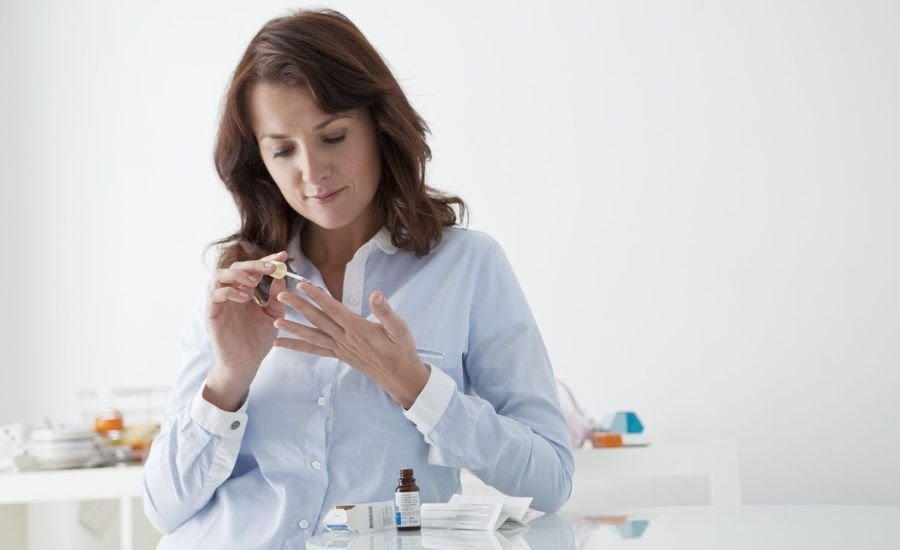
For warts that do not respond to common treatments, consider these advanced options:
- Consult a Dermatologist: A specialist can offer more advanced or combined treatments for stubborn warts.
- Consider Laser or Cryotherapy: These methods are effective for warts that don’t respond to traditional remedies.
Conclusion
In conclusion, removing warts can be straightforward or complex, depending on the type and location of the wart. Whether you choose medical treatments or home remedies, it’s essential to handle warts safely and effectively. Always consult a healthcare professional for the best advice tailored to your specific needs.
Stay informed with the latest news and updates on viralzee.com
